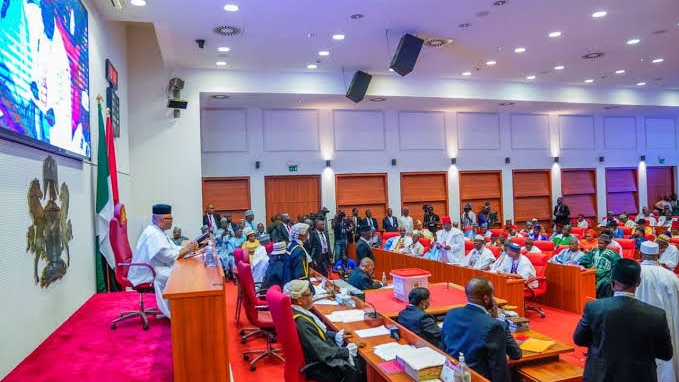Nigeria’s revenue has soared by N9.1 trillion in the first half of 2024, coupled with a savings of N900 billion from the Federation Account Allocation Committee (FAAC) deductions.
This significant development has been attributed to President Bola Tinubu’s economic reforms, according to the Independent Media and Policy Initiative (IMPI), a policy think tank.
IMPI’s chairman, Niyi Akinsiju, expressed optimism about the economic landscape, stating, “Contrary to the doomsday prognosis of a dysfunctional economy by some self-styled analysts, data shows that the Nigerian economy is responding positively to the reforms initiated by the Tinubu administration.”
The organization highlighted the ongoing fiscal measures as crucial to this financial uplift, crediting the reforms with facilitating a remarkable increase in the country’s revenue from N5.2 trillion in the same period last year.
Akinsiju noted the vital role of Company Income Tax (CIT), which contributed N3.45 trillion to the overall revenue, showcasing resilience in the private sector despite challenging economic conditions.
The IMPI underscored the government’s commitment to fiscal discipline, which has allowed the monthly deduction of N100 billion from federal revenues into a special account.
Since its inception in November 2023, this strategy has generated N900 billion in savings aimed at infrastructure development across Nigeria.
“Indeed, our desk research indicates that the federal government is making solid strides across various economic segments,” Akinsiju added.
The think tank also pointed out that the Central Bank’s monetary policies have encouraged an influx of foreign capital, with total capital importation reaching $6 billion by mid-2024, a marked increase from $2.1 billion in the previous year.
In a commendation of the government’s efforts, the Nigeria Association of Chambers of Commerce, Industry, Mines and Agriculture (NACCIMA) acknowledged that these reforms have helped reposition Nigeria as one of Africa’s largest economies.
NACCIMA’s president, Dele Kelvin Oye, emphasized that the ongoing reforms have been vital in stimulating growth across key sectors such as agriculture and the creative industries.
While acknowledging the prevailing high cost of living, IMPI remains confident that the government’s policy measures are beginning to address long-standing economic challenges.







